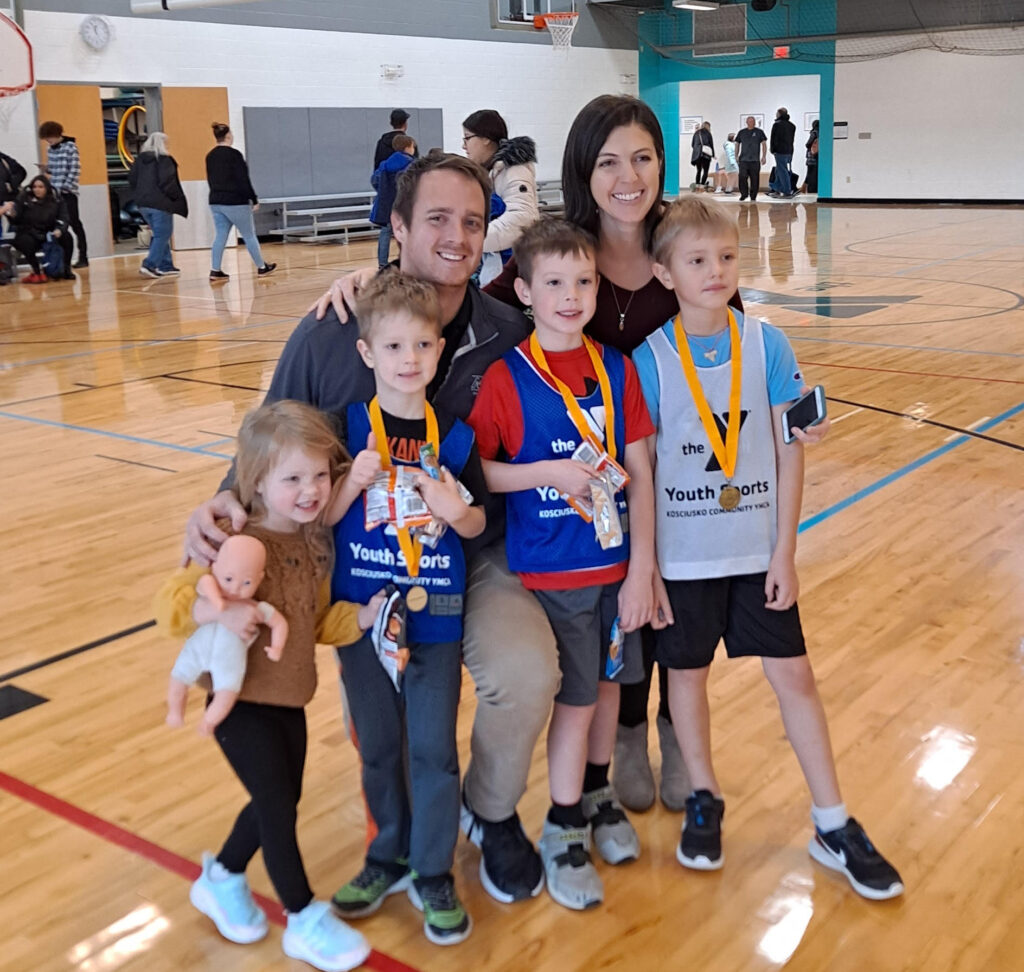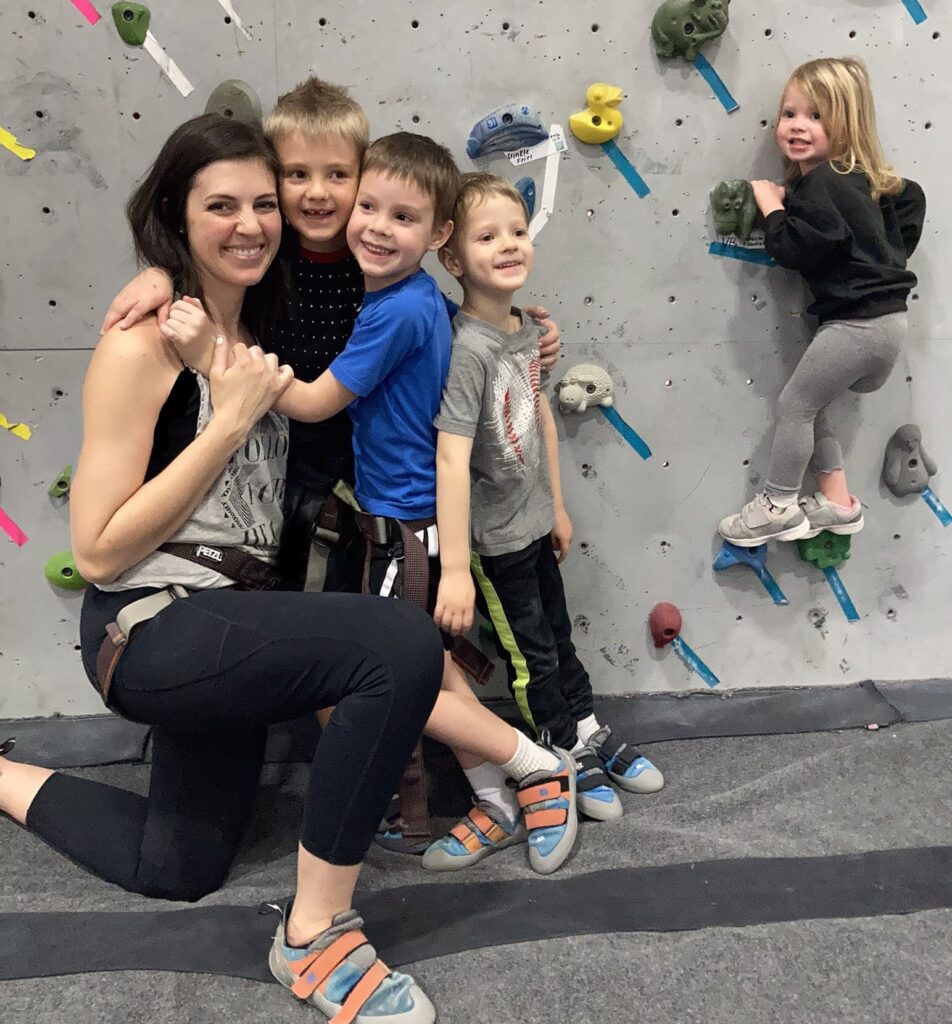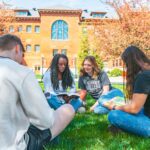You’ve heard the saying, “Take care of your body. It’s the only place you have to live.” But, how exactly should you do this? In the busyness of life, it can be difficult to find time to engage in fitness and healthy food choices in order to have a well-balanced lifestyle. This is especially true for college students. When you’re in the midst of studying, it’s often easier to grab a snack from the vending machine than it is to choose healthier options at the dining hall.
Megan Neuhart, adjunct professor of nutrition and exercise science, understands this very well. With a background in personal training, Neuhart began to realize that a holistic approach to the body was needed to help people become a healthier version of themselves. Now, as a professor, she is able to teach content to the next generation of nutrition and exercise science professionals and help them become a resource to improve the lives of others. Continue reading to hear her story, find nutrition tips for college students, and get the scoop on the nutrition and exercise science degree program.
1) What has ignited your passion for nutrition and exercise science?
I grew up in a family that cared about living well. I remember my grandparents being ahead of their time in their knowledge of nutrition and health sciences. They taught me to see the value in caring for my body well and with consistent discipline. However, my love for nutrition really began when I was a personal trainer. As I worked to guide my clients towards success, I discovered that I needed to take a more integrative, rounded approach in order to have any success with clients.This allows me to get a full picture of a person’s health and what all is at play. I feel that nutrition science is such a treasure trove of knowledge and I’ll never stop unpacking it!
2) Before becoming a professor at Grace, you were once a student here. Tell us about your time here and how that launched you into your career.
I was a student at Grace from 2007 to 2012 as a double major in health education and English education. I wasn’t sure if I wanted to teach after college, but I knew that education would be part of my future in some way. I grew up with my husband, whom I dated through college. After graduation we got married. After college, I launched a personal training business and did that for about eight years. A few years in, I felt my clients’ success was limited and realized that I was missing a huge piece of the puzzle. That’s when I began to study how nutrition and exercise work together and discovered that I needed to account for my client’s dietary habits, sleep patterns, and other lifestyle factors. I got a nutrition coaching certificate so that I could better help my clients, and that led to teaching nutrition workshops for local corporations and at Grace.
In 2013, Grace invited me to start teaching their introductory nutrition course. Since then, I’ve completed my master’s degree in clinical nutrition and human performance from Logan University. This has greatly supported my work for Grace. I just recently had the privilege of helping design five new courses and curriculum for Grace’s new nutrition minor and the new fitness and nutrition concentration within the exercise science program.






